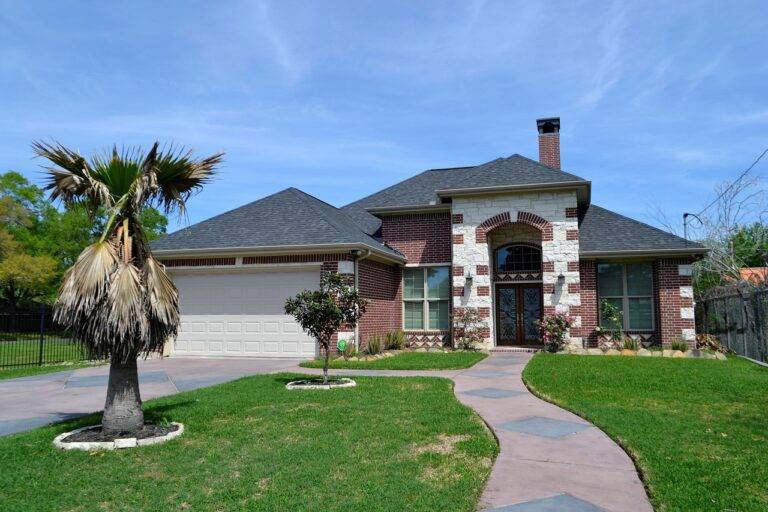How to Choose Energy-Efficient Windows for Your Home: Making the Right Investment
Energy-efficient windows are designed to minimize heat transfer and improve insulation in homes or buildings. By using advanced materials and technologies, these windows help regulate indoor temperatures, reducing the need for excessive heating or cooling. This not only increases comfort levels but also leads to energy savings and lower utility bills for occupants.
One key feature of energy-efficient windows is their ability to reduce the amount of UV radiation entering a space. This helps protect furniture, flooring, and other interior elements from fading or damage caused by sun exposure. Additionally, these windows can enhance sound insulation, providing a quieter indoor environment by minimizing noise transmission from the outside.
Understanding Energy Efficiency Ratings for Windows
When shopping for windows, it’s important to understand the energy efficiency ratings to make an informed decision. The most common rating system for windows is the U-factor, which measures how well a window prevents heat from escaping. The lower the U-factor, the better the window is at insulating your home and reducing energy loss. Look for windows with a U-factor of 0.30 or lower for optimal energy efficiency.
Another important rating to consider is the Solar Heat Gain Coefficient (SHGC), which measures how much heat from the sun is blocked. A lower SHGC means less heat is transmitted through the window, which is beneficial in hot climates to reduce cooling costs. Choosing windows with a low SHGC can help you save on energy bills and keep your home comfortable year-round. Be sure to also pay attention to the Visible Transmittance (VT) rating, which indicates how much natural light enters through the window while still providing insulation.
What are energy-efficient windows?
Energy-efficient windows are windows that are designed to reduce heat loss or gain in a building, helping to lower energy consumption for heating and cooling.
How do energy-efficient windows work?
Energy-efficient windows typically have multiple panes, low-emissivity coatings, and insulating gases between the panes to reduce heat transfer. They also have improved frame materials and designs to minimize air leakage.
What is the U-factor rating for windows?
The U-factor measures how well a window prevents heat from escaping a building. The lower the U-factor, the better the window is at insulating.
What is the Solar Heat Gain Coefficient (SHGC) rating for windows?
The SHGC measures how well a window blocks heat from the sun. A lower SHGC means less heat gain through the window.
How do I know if a window is energy-efficient?
Look for windows with Energy Star certification, which indicates that they meet specific energy efficiency criteria set by the EP
Are energy-efficient windows worth the investment?
Energy-efficient windows can help lower energy bills and create a more comfortable indoor environment, so they can be a worthwhile investment in the long run.





